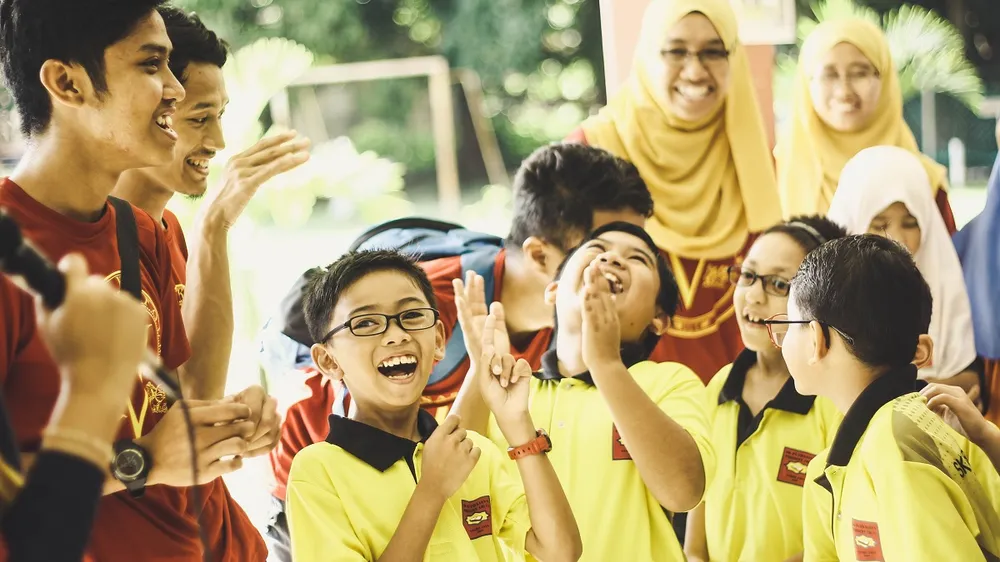
The Middle School Dilemma: Changing Friendships
The transition from primary to secondary school is not only an academic change for students, but also a process of social transformation. It is during this period that students encounter new and different groups of friends, which can have a significant impact on their social identity and relationships. As young people try to find a place in this new environment, they try to find a place for themselves by observing and imitating the behaviour of their peers. This process can help them to feel more secure in the community.
However, there are challenges associated with this transition. The formation of new friendship groups can cause students to move away from their existing social circles and re-evaluate the connections they have already made. This can be particularly challenging for students who feel different from their peers or have different interests. Students who are introverted or have more intellectual interests may feel that their peers do not understand them. Similarly, students with particular talents, such as sports or music, may find it difficult to interact with friends who do not share these interests.
The transition to secondary school can also increase peer pressure and the need for social adjustment. Students may feel pressure to be popular, to conform to group norms, or to fear exclusion. These pressures can sometimes lead to anti-social behaviour or a distancing from their self-identity. Pupils may abandon their own values and interests in search of social acceptance.
In this process, the role of schools and parents is crucial. Schools’ social and emotional learning programmes can help students cope with the challenges they face during this transitional period. It is important for parents to support and guide their children as they adapt to their new social environment. Young people can develop healthy social relationships and strengthen their individual identities through support and understanding during this time.

